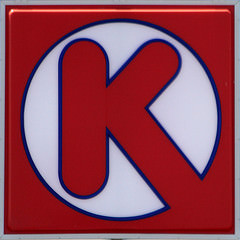
If you own a business and can’t exempt the value of the ownership interest, you’re going to have to hand over the keys to the Chapter 7 trustee. That goes for unincorporated businesses, a sole proprietorship, even a corporate entity in which you own stock.
The minute your Chapter 7 bankruptcy case is filed, that business becomes part of your bankruptcy estate. The trustee is required to value that business and sell it for the benefit of your creditors.
Any dollar you make belongs to the trustee. Any dollar you spend comes out of the trustee’s till. And every paper clip you use belongs to the bankruptcy estate.
You don’t get to continue running your business unless the trustee says so.
It’s the same story if you’ve got an automobile with non-exempt equity. If you get into a car accident and the fender is dented, that’s the bankruptcy estate’s fender.
In fact, you can count on the Chapter 7 trustee taking over any and all non-exempt property.
Don’t file for bankruptcy and transfer assets out of the business, thinking they will be safe. Not only will that not be the case, your Chapter 7 discharge could be denied and the transferee sued to undo what’s considered to be a fraudulent conveyance.
If you’re unwilling or unable to turn over the keys to the Chapter 7 trustee, consider Chapter 13 as a way to retain your property and pay back a portion of your debts over time. With Chapter 13, you’ll be able to work out a way to reorganize your personal finance situation without giving up your property.
If you choose that option, rest assured the keys stay in your hands.
Image credit: Leo Reynolds